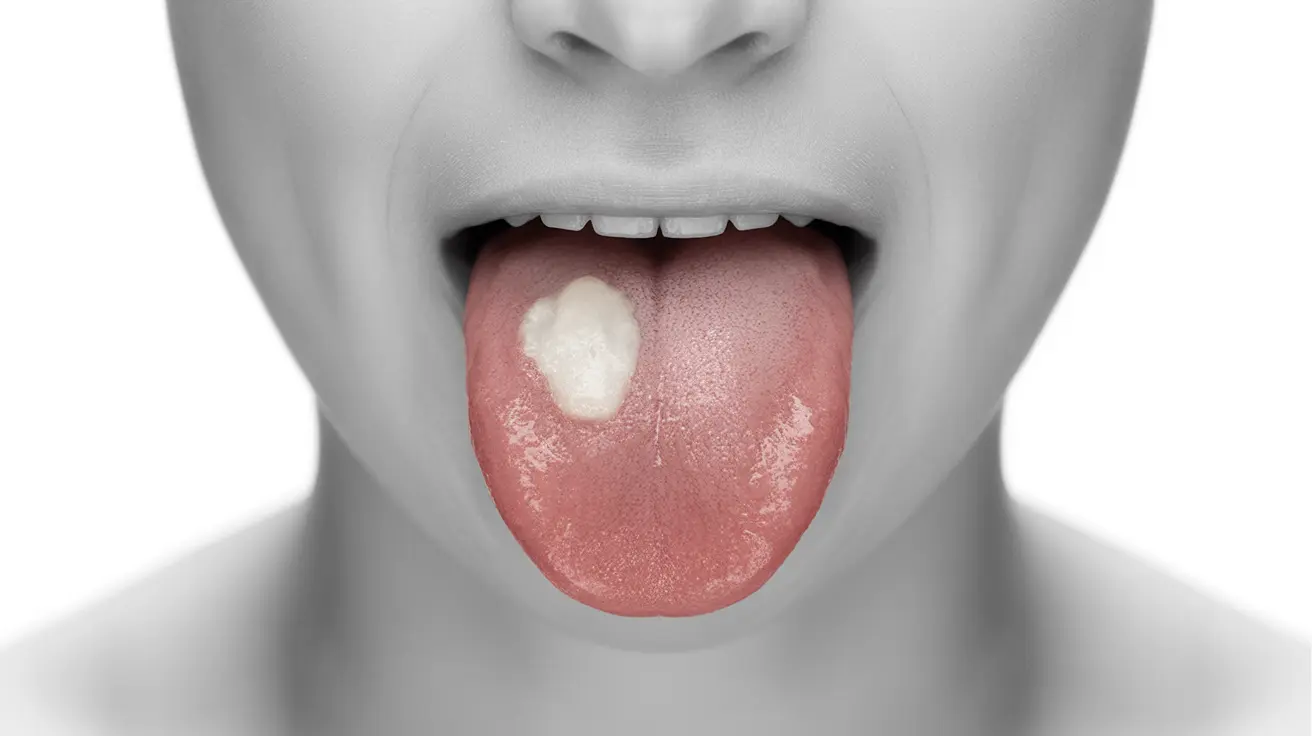Tongue diseases can significantly impact your daily life, affecting essential activities like eating, speaking, and swallowing. Recognizing the signs and understanding various tongue conditions is crucial for maintaining good oral health and knowing when to seek medical attention.
This comprehensive guide explores common tongue diseases, their symptoms, causes, and treatment approaches, helping you make informed decisions about your oral health.
Common Signs and Symptoms of Tongue Disease
Tongue diseases often manifest through various visible and physical symptoms that shouldn't be ignored:
- Changes in tongue color (white, red, or dark patches)
- Unusual texture or surface changes
- Pain or burning sensations
- Swelling or inflammation
- Changes in taste perception
- Difficulty speaking or swallowing
Visual Changes and Their Significance
The appearance of your tongue can provide important clues about underlying health conditions. White patches might indicate oral thrush or leukoplakia, while red patches could suggest vitamin deficiencies or geographic tongue. Black or dark patches might develop from certain medications or lifestyle habits like smoking.
Understanding Common Tongue Conditions
Oral Thrush
This fungal infection caused by Candida albicans presents as white, cottage cheese-like patches on the tongue. It's particularly common in individuals with weakened immune systems, diabetes, or those taking certain medications.
Geographic Tongue
Characterized by smooth, red patches with white borders that appear to move or change position over time. While generally harmless, it can cause temporary discomfort or burning sensations.
Glossitis
This inflammation of the tongue can cause swelling, color changes, and a smooth appearance. It may result from allergic reactions, infections, or nutritional deficiencies.
Risk Factors and Prevention
Several factors can increase your risk of developing tongue diseases:
- Poor oral hygiene
- Smoking or tobacco use
- Excessive alcohol consumption
- Weakened immune system
- Certain medications
- Nutritional deficiencies
Preventive Measures
Maintaining good oral health through proper hygiene practices is essential for preventing tongue diseases:
- Regular brushing and tongue cleaning
- Staying hydrated
- Maintaining a balanced diet
- Regular dental check-ups
- Avoiding tobacco products
- Limiting alcohol consumption
Treatment Approaches
Treatment options vary depending on the specific condition and its underlying cause. These may include:
- Antifungal medications for oral thrush
- Antibiotics for bacterial infections
- Dietary modifications
- Oral hygiene improvements
- Professional dental cleaning
- Prescription mouth rinses
Frequently Asked Questions
What are the common symptoms that indicate I might have a tongue disease?
Common symptoms include changes in tongue color or texture, pain, burning sensations, swelling, difficulty speaking or swallowing, and changes in taste perception. Any persistent changes lasting more than two weeks should be evaluated by a healthcare provider.
What causes changes in tongue color or texture, such as white patches or a burning sensation?
White patches often indicate oral thrush or leukoplakia, while burning sensations might result from geographic tongue, allergic reactions, or nerve conditions. Poor oral hygiene, medications, smoking, and underlying health conditions can all contribute to these changes.
How are fungal infections like oral thrush on the tongue diagnosed and treated?
Oral thrush is typically diagnosed through visual examination and sometimes culture tests. Treatment usually involves antifungal medications, either topical or oral, depending on severity. Maintaining good oral hygiene and addressing underlying conditions is also crucial.
When should I see a doctor about persistent tongue pain or swelling?
Seek medical attention if symptoms persist for more than two weeks, interfere with eating or speaking, or are accompanied by severe pain or bleeding. Any rapidly growing lumps or sores should be evaluated promptly.
What lifestyle changes can help prevent or improve tongue problems?
Key lifestyle changes include maintaining excellent oral hygiene, staying hydrated, eating a balanced diet rich in vitamins and minerals, avoiding tobacco products, limiting alcohol consumption, and having regular dental check-ups. Using a tongue scraper and gentle brushing can also help maintain tongue health.




